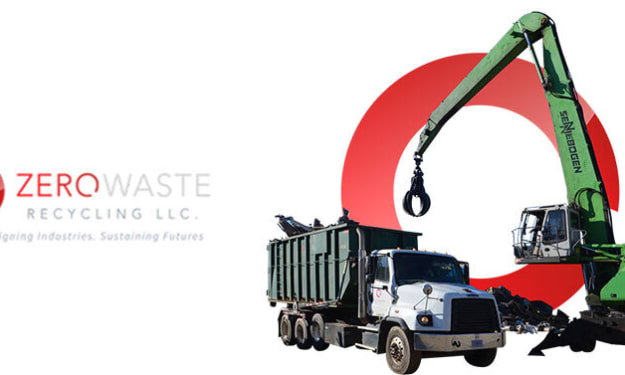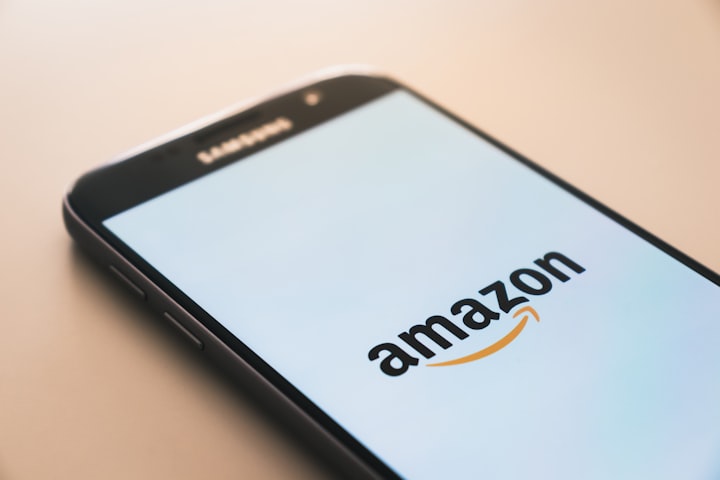Closing The Wealth Gap With Alternative Ownership Structures
The U.S.'s widening gap in economic wealth is complex and requires multifaceted solutions

The U.S.'s widening gap in economic wealth is complex and requires multifaceted solutions. Although policymakers play a major role, investors have the opportunity to have a lasting and measurable impact. The paradigm-based, impact strategy we are proud to share with the community is the Impact Engine's investments to support employee-owned businesses. These firms have the potential to close the wealth gap.
The private middle market is large and growing. The private middle market currently represents one third of U.S. private-sector employment. For years, the boomer generation has fuelled the private equity fund opportunity. Impact investors should keep this silver tsunami of over two million business owners leaving should in mind, as they consider whether the ownership structure could have a positive effect. Although it is more common for businesses to be sold to investors or corporates, there are other ownership structures that allow employees, customers or other stakeholders to own part or all of a company.
Research shows that employees own companies, rather than their founders, executives, or investors, have fewer layoffs and better wages and benefits. This is a significant advantage for workers of all income levels. For example, the average ESOP (employee stock ownership plan; more on this structure below) account in 2018 was valued at $134,000--a significant nest egg considering that 70%" of Americans have less that $1,000 in savings.
There is a strong business case to support employee ownership. The National Center for Employee Ownership conducted a study that found that ESOPs resulted in firms seeing their sales, employment and productivity increase more than expected. Similar results were found in a Rutgers University Study. There was also evidence that employee-owned businesses are more likely to survive downturns and other common causes of business failures than peers.
As primarily product-based investors, we have found that when the product's impact-intentional design becomes its differentiation or value proposition, there is a greater chance of it being a priority. The competitive advantage is achieved when impact is a priority. We found many examples of profitable, viable employee-owned businesses, including well-known consumer facing companies like Publix and Eileen Fisher, which had a similar moat. We were struck by this pattern in employee-owned companies and began to look deeper for investment opportunities.
There are many legal structures that support employee ownership. The most popular are ESOPs and EOT's. We won't go into detail about each one here (but this guide on Steward Ownership is an excellent starting point). However, both the seller and the buyer of the business should consider governance, tax treatment and availability of capital. They also need to be aware of cash flow characteristics and alignment of organizational culture. Investors should also consider the best financial instrument. These options can include traditional debt, structured equity, or more creative options like demand dividends or revenue-based financing.
If you don't know, investing in these structures or instruments will require significant legal and financial expertise. Venture stage and public market investors are often less skilled than equity or private credit investors. This is because they have experience structuring similar deals. Although employee ownership structures are not new (ESOPs date back to 1974, and co-ops even earlier), the use of these structures by investment funds as a primary strategy is relatively new. This strategy is gaining popularity as the financial and impact case grows. However, it lacks depth in terms both of the qualified teams that can execute these strategies and investment strategies capable of generating competitive risk-adjusted return.
Mosaic Capital Partners, is a rare example. This investment firm specializes in employee ownership buyouts. Mosaic's strategy converts 100% of company ownership into the hands all employees at absolutely no cost to employees and generates attractive private equity-like returns for its fund. Their strategy was first introduced to us in 2017. We were impressed by their technical expertise and experience in ESOP transactions. Although they didn't start with an impact motivation in mind, employees knew and appreciated the results. We began to work with Mosaic to create a more deliberate process for evaluating and managing employees' outcomes. This helped us both better understand these strategies. Their and our participation in the Guidelines to Equitable Employee Ownership Transitions has helped establish best practices that Mosaic can incorporate into its strategy. Mosaic's latest fund was our commitment. We believe it will have a paradigm-based impact and set an example for credit and private equity investors to follow.
Also, and Mosaic recently co-invested in the Zero waste Recycling (ZWR), ESOP transaction. The company provides a one-stop service that helps manufacturers recycle up to 100% of their operational trash. We were attracted to the product-based impact of our direct investment strategy. This was our first direct investment in employee-ownership conversion. Our investment could have a significant impact on ZWR's employees, of which over 90% are BIPOC/LMI. This is also an opportunity to learn about the nuances of this investment strategy. We know there is no magic bullet to end wealth inequality in America.





Comments
There are no comments for this story
Be the first to respond and start the conversation.